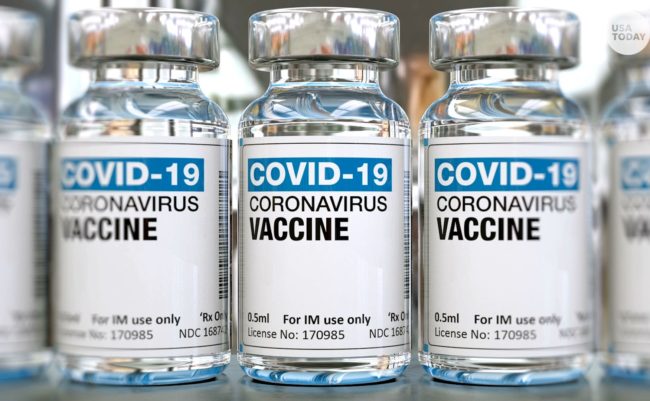
A Case Competition Adapts to a Zoom World
COVID19 has turned the world of education upside down. The classroom experience has changed in profound ways; some instructors are teaching completely on Zoom, others are wearing masks and speaking to small, distanced classes, others are working to figure out a hybrid system. Still others are experimenting with asynchronous content to complement synchronous classes.
Of course, it isn’t just classes; events and programs are changing, too. One example is the Kellogg Biotech and Healthcare Case Competition. Over the past eight weeks, we’ve had to reimagine the event and embrace a new format and platform.
The Traditional Format
The Kellogg Healthcare Case Competition is one of the oldest and most prestigious business school case competitions. Now in its 18th year, the event invites teams of MBA students from around the world to compete in addressing a case about a healthcare business issue. Topics have ranged from reducing infant mortality in Nigeria to valuing a new drug for peanut allergies. The event is sponsored by Astellas.
The format of the event has been consistent over the years. Teams apply and then the top ten or eleven move on to the finals. These groups receive a case study one week before the event, create a presentation and then present it to a team of judges in Evanston. There is a casual Friday night welcome dinner, the competition on Saturday and an awards ceremony and more formal dinner that evening. It is a fun event for the students and the judges.
A New Approach
In a COVID world, an in-person format isn’t possible. This complication led to all sorts of questions. Is it possible to do the event on Zoom? How many Zoom presentations can judges sit through? A full day of presentations is possible in-person, but not appealing on Zoom. The reality is that platforms like Zoom work well, but don’t directly replace the in-person experience.
Eventually the planning team at Kellogg developed a completely new format for the event, with a new three round structure.
In Round 1, teams apply, completing an application form. We pick twenty to advance.
The twenty teams then receive the case and have 10 days to create a video submission. Judges review the videos for strategic thinking, innovation, and presentation quality. Four teams advance to the finals.
In the final round, the Final Four teams present live to a new group of judges on Zoom, and answer questions. The judges then pick the winning teams.
The new format has advantages. It is easier for teams to participate because there is no travel involved. We can include more teams in the second round and involve more judges. It is also cheaper to run the competition.
The Results
How is it working out?
The initial results are positive. A record number of teams applied: 82 from 32 different MBA programs around the world. The teams are all experienced and talented.
The case topic is relevant and challenging: in a world with fake news and anti-vaxxers, how do we ensure people are comfortable getting a COVID vaccine?
The twenty round two teams came from 16 different schools based in four countries. The Final Four teams are from Chicago Booth, Georgetown, ESADE and McMaster.
You can watch the final round of the competition on January 30. Just sign-up here.
The Outlook
Will we go back to an in-person event in 2022, assuming the virus is under control? Perhaps. There is great fun in meeting people face to face. But elements of this year’s event will certainly remain.
Like many industries, COVID is changing case competitions and these changes are likely to endure long after we get past the pandemic.
Comments RSS Feed